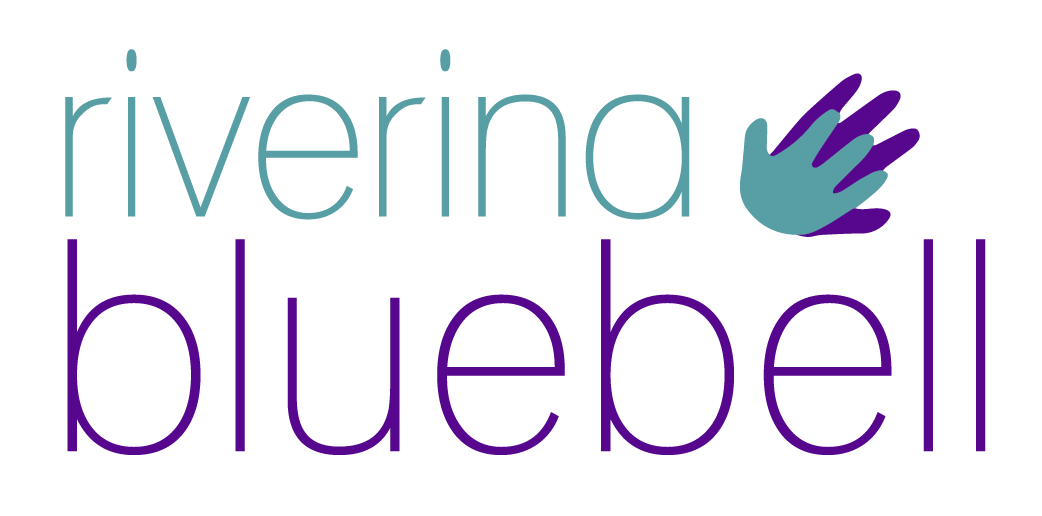Mental Health Champion
On depression: “You have no light, because no light is able to shine in,” she says. “You can also hardly breathe, yet you have to try to continue functioning and navigate your way through the darkness.”
Grab the thickest, heaviest, grey woollen blanket you can find. Soak it in steaming hot water, and completely cover yourself with it while lying in bed. Then, try to climb out and go about your normal day with that suffocating weight hanging over you. Queensland’s Rural Woman of the Year, Alison Fairleigh, says this is what depression feels like. She knows, because she has worn this cloak of misery.
“You have no light, because no light is able to shine in,” she says. “You can also hardly breathe, yet you have to try to continue functioning and navigate your way through the darkness.”
Ayr-based Alison is trying to improve that navigation process using a bursary she received from the Rural Industries Research and Development Corporation as part of her Rural Women’s Award announced in March. Her chief aim is to forge better pathways for farmers and fishers to access frontline health and mental-health services, and it’s no coincidence that the work parallels her own healing journey.
Growing up on a mixed cropping and cattle property near Kingaroy in south-east Queensland, Alison adored country life, yet difficult family circumstances left her feeling disconnected from the farm. She masked her childhood sadness by concocting her own perfect world of make-believe, enriched by the stories of a staggering 52 penfriends from all parts of the globe. “In the ’80s, we didn’t have internet chat rooms or Twitter, so writing letters was my own form of escape and enlightenment,” she smiles.
Alison was already well aware of the difficulties in trying to access appropriate medical support in country areas; a traumatic experience in her mid-twenties triggered her own mental illness, and she spent seven harrowing years trying to convince herself that nothing was wrong. “I went from being the bubbly life of the party to an angry, highly anxious recluse who wanted as little to do with people as possible, but I was stubborn and ignorant, and kept pushing myself to just get over it,” she explains. “I always thought that if I could just try harder to be a better person, toughen up and think happy thoughts, then everything would be OK, but it doesn’t work.”
It wasn’t until she heard two men discussing the signs and symptoms on the radio that she realised depression was a diagnosable illness.

